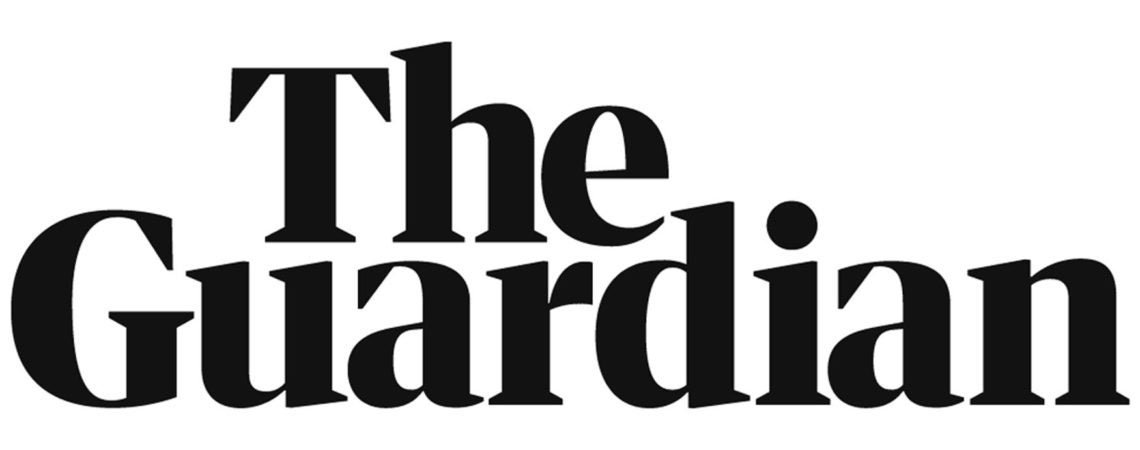A wealth tax to help pay for the cost of fighting the pandemic. An international agreement to prevent a race to the bottom on corporate tax. An insistence that recovery from the second severe crisis in just over a decade should be green and inclusive. A conviction that governments should spend whatever it takes to fend off the threat of mass unemployment, paying no heed to the size of budget deficit.
There’s nothing startlingly new about any of these ideas, which have been knocking around for years, if not decades. What is different is that these are no longer just proposals put forward by progressive thinktanks or marginalised Keynesians in academia, but form part of an agenda being pursued by the International Monetary Fund and the US Treasury under Joe Biden’s presidency.
This matters. From the 1980s onwards, the IMF and the US Treasury forged what became known as the Washington consensus: a set of beliefs that was foisted on any country that ran into economic difficulties and came looking for help. The one-size-fits-all approach involved cutting public spending and taxes, and privatisation, to create incentives for risk-taking entrepreneurs, and making inflation the overriding goal of economic policy. These policies inevitably caused pain, but it was thought the “tough love” approach was worth it.
To read the full article by The Guardian, please click here.

